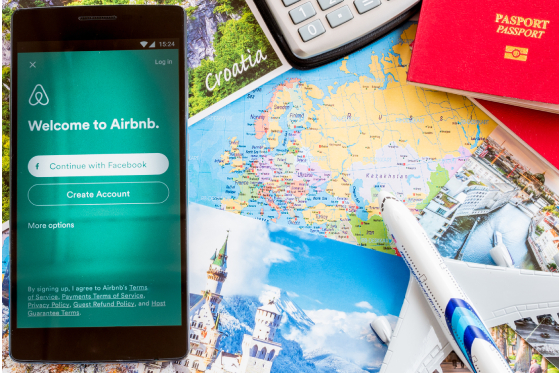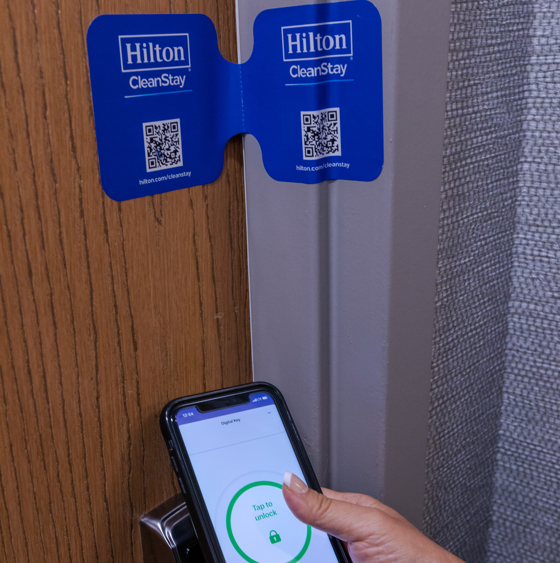Airbnb has been a thorn in the side of many hoteliers for years, but when the company finally went public late last year and achieved a breathtaking market cap of US$120 billion, that thorn pushed in a little deeper. Now that it has access to public capital, the short-term rental firm is better armed to lure guests away from hotels. In addition, the pandemic’s impact on traveler habits could further undermine demand for hotel stays.
Over the next three days, HOTELS Contributor Megan Rowe reports about the advantages hoteliers still have over any of their short-term rental competitors and how they can exploit them.
In 2020, clearly an anomaly, Airbnb actually grew its share of lodging revenue in the U.S., from 11% to 18%, and the U.S. wasn’t an outlier. “More and more people who used to book hotels are switching to Airbnb as a consequence of the pandemic,” said Simone Puorto, CEO of Paris-based consultancy Travel Singularity. “For a lot of tourists, apartments seem safer than hotels, at least in terms of social distancing and the fact that they have the apartment to themselves.” Whether that trend will continue remains debatable, but hotel operators are betting guests will gravitate back to the consistency, service and other advantages hotels offer over home stays.

“Many people tried home rentals for the first time during the pandemic, and not everyone was pleased,” said Scott Mayerowitz, executive editorial director at The Points Guy, a website for frequent travelers. “There were dirty rentals, and other things not up to everyone’s standards.” Going forward, he thinks visitors to urban destinations, in particular, where apartments dominate Airbnb’s inventory, are likely to feel safer and more comfortable in hotels. And the bargain hunters who typically have driven demand for urban alternatives to hotels will likely find hotels more affordable—at least until business travel picks up again.
COVID-related protocols represent a clear point of difference that hotels can leverage, said marketing consultant Peter Bates, CEO of Strategic Vision, Tarrytown, New York. “The way hotels have been able to implement these policies, often with support from medical partners, has been very effective,” he noted. “It’s very hard for Airbnb to introduce that consistency.”
With the threat of COVID fading, “the safety protocols put in place over the past year will become less imperative as time progresses,” argued Jeff Doane, chief commercial officer for Accor, North & Central America. “But extreme cleanliness is now table stakes in our industry, especially in the luxury segment.”

Mayerowitz is also convinced COVID protocols will eventually fall from top of mind. “Americans have a very short memory, and once they feel comfortable doing whatever travel they want to do, they will probably get out there and not look so much into the details of it,” he said. “I put this in the same category as having a smoke detector in the room. Guests want to know it’s there but don’t want to think twice about it.”
If one positive thing came out of the pandemic, it was the accelerating adoption of technology, which resulted in more automation and touchless capability at many hotels—also something Airbnb properties can’t match. Dream Hotels, for instance, installed a robot to deliver items to guestrooms at one location and is eyeing robots for other properties. And Hilton, which launched digital room keys in 2015, has rolled them out to more than 80% of its global portfolio.
“We will always be in the business of people serving people, but the pandemic has proven that many guests appreciate ability to check in, choose their room on their phone and walk straight to their room—where their phone is now their key,” said Mike Gathright, Hilton’s senior vice president, customer experience. In some newer Hilton guestrooms travelers can control functions like the TV, light switches and thermostat using their phone as well.
“Several studies point to it, and I’ve seen it with some of my clients. Hotels that implemented some kind of touchless technology are at an advantage,” Puorto added.
Contributed by Megan Rowe

